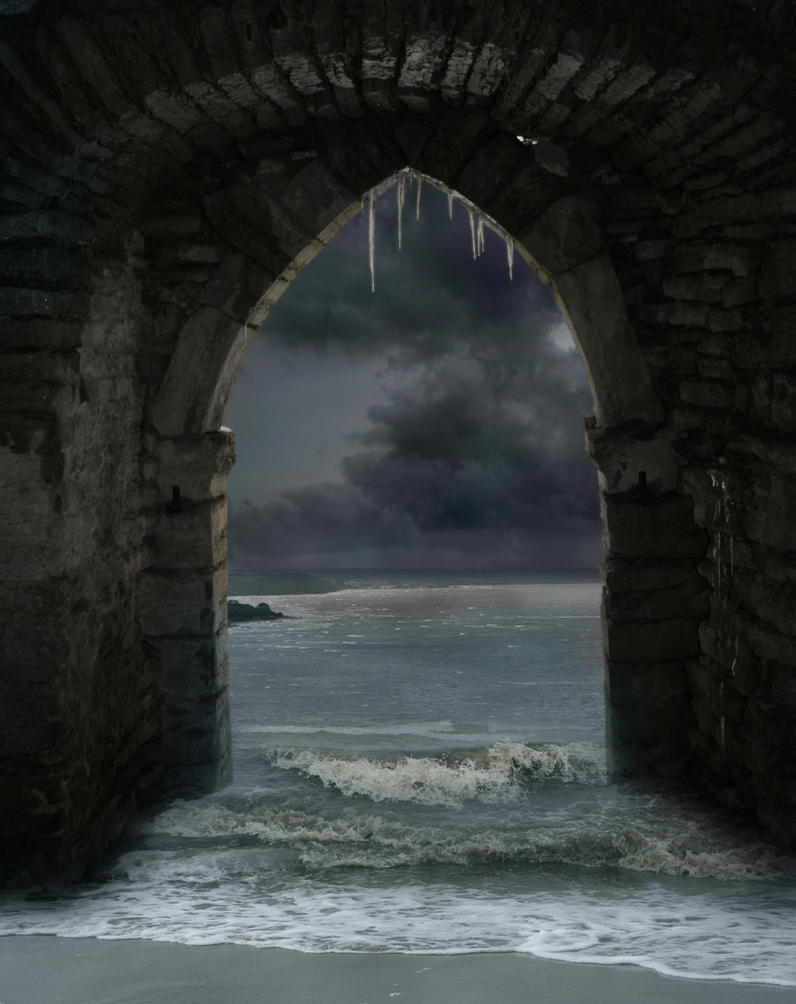From the Worst of Mankind
Imaam Bin Baaz
بسم الله والحمد لله والصلاة والسلام على رسول الله ، وبعد
Translator: Abu 'Abdis Salaam Al Juyaanee
Source: “Sharhul Kitaabit Tawheed” pages 107-109
و لأحمد بسند جيد , عن ابن مسعود - رضي الله عنه – مرفوعا: إن من شرار الناس من تدركهم الساعة و هم أحياء , و الذين يتخذون القبور مساجد
و رواه أبو حاتم في صحيحه
Narrado por Ahmad (رحمه الله) con una cadena (*de narración) buena, bajo la autoridad de Ibn Mas’ud (radi Allahu ‘anhu) remontándose hasta el Profeta صلى الله عليه وسلم,
Verdaderamente, de los peores de la humanidad son aquellos sobre quienes será establecida la Hora y estén vivos, y aquellos quienes han tomado las tumbas como lugares de adoración (masaajid).
También narrado por Abu Haatim (رحمه الله) en su Sahih.
This Hadeeth is reported on the authority of Ibn Mas’ood (رضي الله عنه) reachingback to the Prophet ﷺ,
Verily from the worst of mankind are those whom the Hour will be established upon and they are alive, and those whom have taken the graves as places of worship (masaajid).
This is because the Hour will only be established upon the worst of creation. As far as the believers their souls will be taken by a pleasant wind prior to this (i.e. the establishment of the Hour).
Those who take the graves as places of worship are from the worst of mankind because they are a means and cause for the people falling into shirk (polytheism), innovation, and erroneous acts. This is because once the people view such a thing as correct they will naturally conclude and say, “Since they have built (a place of worship over this grave, the occupant of it) must then be supplicated to and called on in times of peril.
However, there is no problem if the grave is in close proximity to the cemetery. This is because the walkway in that case will separate between the two, and this is superior (to masaajid being on top of graves).
This is correct just as we have previously mentioned (when speaking about) extremism, that results in the one whom they are extreme about being taken as an object of worship instead of or along with Allah. Due to this the people exaggerated the status of some of the righteous. They thus, took them as objects of worship instead of or along with Allah. Examples of this are like the graves of Al Hassan (radiAllahu ‘anhu), Al Hussain (radi Allahu ‘anhu), Faatimah (radi Allahu ‘anha) and other than them. This nation has likewise exaggerated the status of the Messenger ﷺ and consequently fallen into (shirk by) worshipping him (by supplicating to him and the like) and seeking his aid in times of peril instead of or along with Allah; this (also happened) in the times of antiquity when the people of Nuh ﷺ exaggerated the status of the righteous until they eventually worshipped them (which is polytheism) as we have already mentioned.
Source: http://www.salafyink.com/fromtheworstofmankind/











 This Ayah indicates that they are exposed to Hellfire, morning and afternoon, not continuously. Thus, punishment or pleasure is determined by Allah with regard to the details and the way of punishment or pleasure. However, we know that a believer enjoys blessings in the grave, whereas a disbeliever experiences punishment in the grave, but the manner of pleasure or punishment belongs to Allah (Exalted be He). We have nothing to say about this point except for what is mentioned in the Sunnah that a gate to Paradise is open for the believer, from which blessings and fragrances of Paradise come to him and a gate to Hellfire is open for the disbeliever, may Allah save us!
This Ayah indicates that they are exposed to Hellfire, morning and afternoon, not continuously. Thus, punishment or pleasure is determined by Allah with regard to the details and the way of punishment or pleasure. However, we know that a believer enjoys blessings in the grave, whereas a disbeliever experiences punishment in the grave, but the manner of pleasure or punishment belongs to Allah (Exalted be He). We have nothing to say about this point except for what is mentioned in the Sunnah that a gate to Paradise is open for the believer, from which blessings and fragrances of Paradise come to him and a gate to Hellfire is open for the disbeliever, may Allah save us! 
 The Prophet (peace be upon him) said that those two persons were being tortured for two sins, but he did not explain how they were being tortured. As for the sinful, nothing in the Prophetic Sunnah or the Noble Qur'an indicates
The Prophet (peace be upon him) said that those two persons were being tortured for two sins, but he did not explain how they were being tortured. As for the sinful, nothing in the Prophetic Sunnah or the Noble Qur'an indicates 


 [ غافر : 46 ]
[ غافر : 46 ]
 وأخبر أنهما يعذبان في هذين الأمرين ، أما كيفية العذاب فلم يبين لنا ، أما العاصي فهو ذو الشائبتين ليس في السنة وكتاب الله ما يوضح فيما
وأخبر أنهما يعذبان في هذين الأمرين ، أما كيفية العذاب فلم يبين لنا ، أما العاصي فهو ذو الشائبتين ليس في السنة وكتاب الله ما يوضح فيما